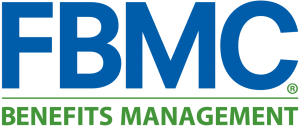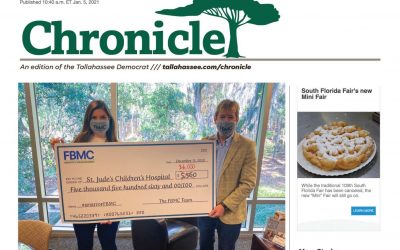Press Release
Contact Info:
Susan Ledford
850-425-6200 x3919
sledford@elegant-kepler.74-208-124-84.plesk.page

Tallahassee, Fla. – In an article published in the Association for Corporate Counsel’s ACC Docket on May 17, Patrick Flemming, FBMC Benefits Management Chief Regulatory Officer, and Linda Bond Edwards, Rumberger, Kirk & Caldwell Partner, discuss employees’ “right to disconnect,” and the proposed New York City bill aimed at improving work-life balance. The proposed law would require employers to govern the use of electronic devices and other digital communications during non-work hours, set forth “usual work hours” for each employee class, and explain the categories of paid time off available to employees.
Technological advancements have made it easy for work to spill over into non-work time. Smartphones and laptops have enabled the so-called “new night shift,” as employees log back on to continue working and respond to emails. “Reportedly, just having cellphone access to emails after work – regardless of checked or even received – triggers feelings of anxiety and leads to a decline in well-being,” Edwards and Flemming share. “This will ultimately hit the employer’s wallet too.”
It is unlikely that New York City’s proposed legislation, or similar laws, will altogether restore work-free nights, weekends and vacations to employees. “Education, not legislation, seems to be a more effective and lasting way to change culture and behavior,” they explain.
Edwards and Flemming advise that if non-exempt employees are routinely working 60 to 70 hours per week, despite being paid overtime, the employer should evaluate if that is consistent with the culture the company would like to possess. “It is prudent in these situations for employers to carefully analyze why employees are working excessive hours or being compelled to be available after hours,” they share. “Perhaps there are staffing or work process issues that need to be remedied.”
“In addition to reconsidering best practices related to after-hours work, employers may wish to evaluate email usage during work hours as well,” they state. “‘Email overload’ can contribute to stress and reduce productivity.”
At FBMC, Flemming is responsible for all aspects of corporate governance, risk management, legal and regulatory compliance, and corporate regulatory training. A graduate of the Florida State University College of Law, Patrick is an attorney licensed to practice law in all state courts in Florida.
Read the article here.
About FBMC Benefits Management, Inc.
FBMC Benefits Management, Inc. (FBMC) provides employee benefits consulting, brokerage and management services to help employers meet the ever-changing needs of their workforce. With more than 40 years of experience, FBMC provides outstanding consulting and brokerage, award-winning communications and engagement services, enrollment management, administration and compliance. FBMC, headquartered in Tallahassee, Florida, provides benefits management services throughout the continental United States. For more information about FBMC, visit www.fbmc.com.




